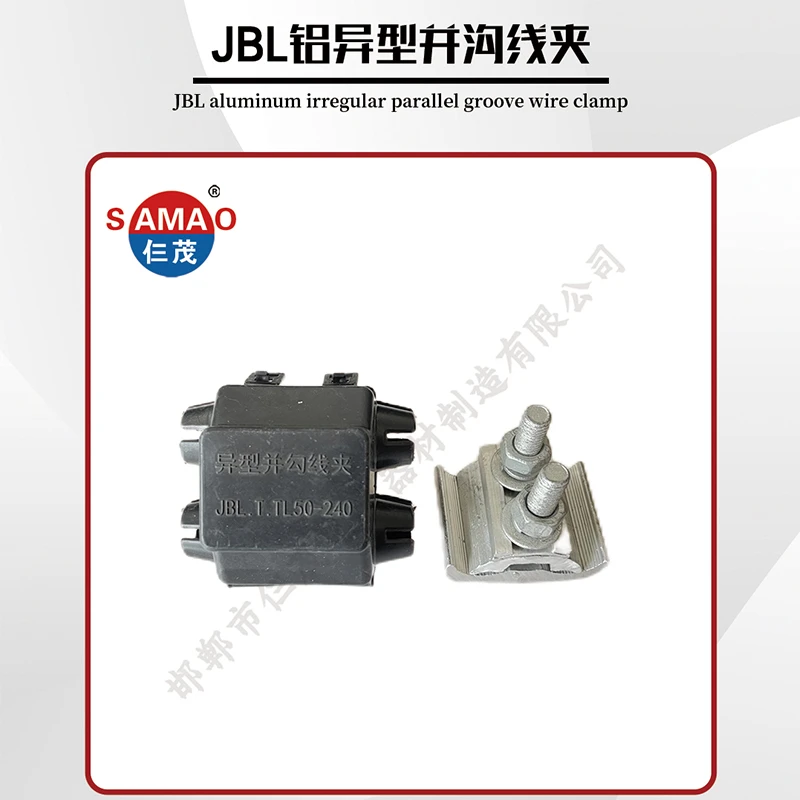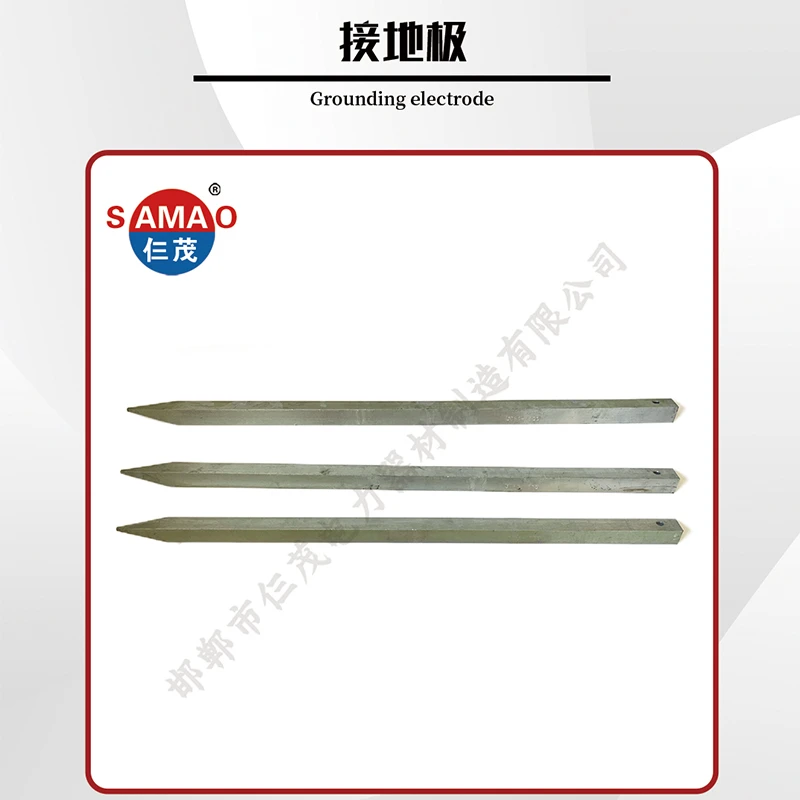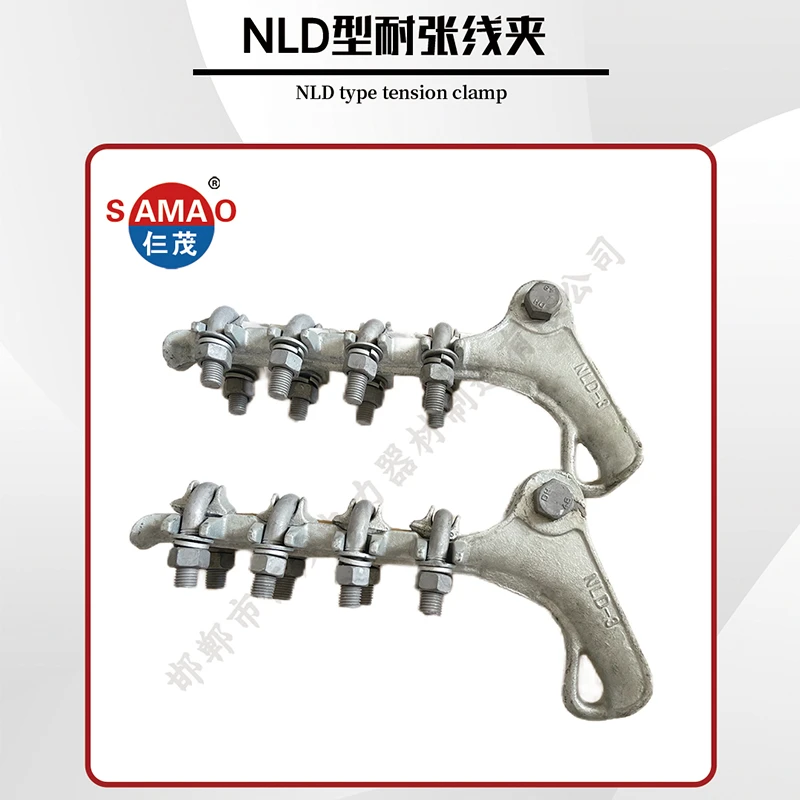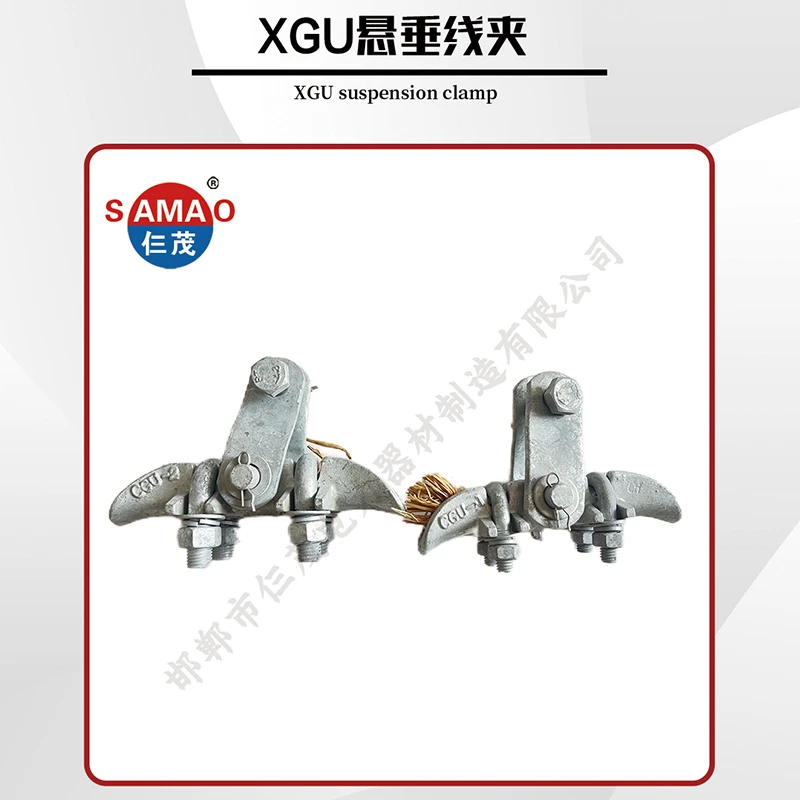Chemical Rod Grounding Electrode Installation for Effective Electrical Safety
Understanding the Chemical Grounding Electrode Rod
In the realm of electrical engineering and safety systems, grounding plays a critical role in ensuring the effective operation of electrical systems and the protection of both people and property. Among the various grounding techniques, the use of a chemical grounding electrode rod is increasingly gaining attention for its unique efficiencies and effectiveness. This article explores the concept, benefits, and applications of a chemical grounding electrode rod.
What is a Chemical Grounding Electrode Rod?
A chemical grounding electrode rod, often referred to as a chemical grounding rod, is a specialized type of grounding electrode that utilizes chemical enhancements to improve its electrical conductivity and overall performance. Unlike traditional copper or steel ground rods that rely solely on conductive materials, chemical grounding rods are designed to incorporate hygroscopic materials, which absorb moisture from the soil. This moisture enhances the rod’s ability to dissipate electrical currents effectively.
Typically made of a conductive metal encased in a chemical compound, these rods are designed to provide a low resistance pathway to the ground, ensuring that stray voltage or fault currents can be safely diverted into the earth. This is particularly important in situations where the surrounding soil may not have sufficient moisture or conductivity, which is a common limitation of conventional grounding systems.
Benefits of Using Chemical Grounding Electrodes
1. Improved Conductivity One of the most significant advantages of chemical grounding rods is their enhanced conductivity. The chemical compounds used in these rods create a more effective pathway for electrical currents, resulting in lower resistance and, consequently, better grounding performance.
2. Less Soil Dependency Traditional grounding systems can be heavily influenced by soil conditions, including moisture levels and composition. Chemical grounding electrodes mitigate this issue by actively improving the conductivity of the surrounding area, making them suitable for a variety of soil types, including dry or rocky environments.
3. Longer Lifespan Chemical grounding rods typically have a longer service life compared to copper or galvanized steel rods. The protective coatings and chemical compounds reduce the risk of corrosion, ensuring that the grounding system remains effective over time.
electrodo de puesta a tierra de varilla química

4. Reduced Installation Costs Although the initial cost of chemical grounding rods may be higher than standard ground rods, the overall installation costs can be reduced due to their ease of installation and effectiveness in less favorable soil conditions. Less excavating and trenching may be needed, further driving down costs.
5. Environmental Safety Chemical grounding electrodes are designed with a focus on environmental safety. The materials used are often non-toxic and environmentally friendly, aligning with modern safety and environmental standards.
Applications of Chemical Grounding Electrodes
Chemical grounding electrodes are versatile and can be used in a variety of applications. Here are some common uses
- Telecommunications Systems Given the sensitivity of communication equipment to electrical surges, chemical grounding rods provide reliable protection against ground faults. - Renewable Energy Installations Solar and wind energy systems require robust grounding solutions to prevent damage from lightning strikes and electrical surges. Chemical grounding rods provide a reliable option in areas with diverse soil conditions.
- Commercial and Industrial Facilities In places where heavy machinery and sensitive electronic equipment operate, reliable grounding is crucial. Chemical grounding electrodes ensure that any stray currents are effectively dissipated.
- Residential Installations Homeowners seeking to improve the safety of their electrical systems are increasingly considering chemical grounding rods for their properties, particularly in areas with poor soil conductivity.
Conclusion
The chemical grounding electrode rod represents a significant advancement in grounding technology. By enhancing conductivity, reducing soil dependency, and providing a longer lifespan, they offer a reliable solution for a variety of applications. As electrical systems continue to evolve and demands for safety and efficiency grow, the use of chemical grounding electrodes will likely become even more prevalent, contributing to safer electrical systems for residential, commercial, and industrial applications. Understanding and investing in such technologies is crucial for ensuring optimal safety and system performance in today’s electrically-driven world.
-
Suspension Clamps: The Key to Secure Electrical InstallationsNewsAug.11,2025
-
Suspension Clamp & Strain Clamp: Your Ultimate Electrical SolutionNewsAug.11,2025
-
Protect Your Home and Data: Essential Earthing SolutionsNewsAug.11,2025
-
Power Cable Accessories Manufacturers GuideNewsAug.11,2025
-
Master Your Electrical Connections with Top-Notch Clamps and ConnectorsNewsAug.11,2025
-
Clamps for Every Need: Secure, Reliable, and Ready to GoNewsAug.11,2025
-
Strong Hold with Constant Tension Hose ClampsNewsAug.08,2025




